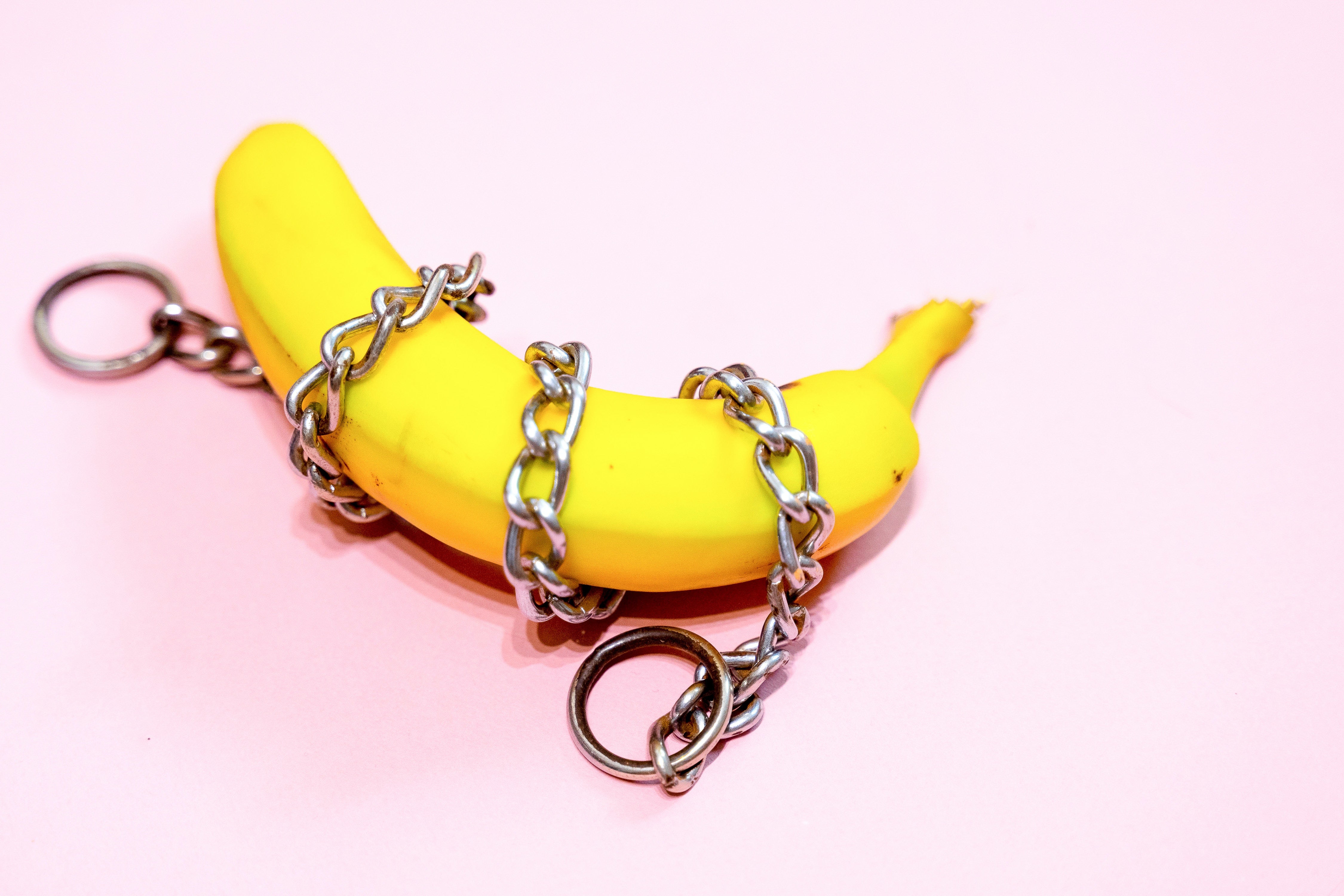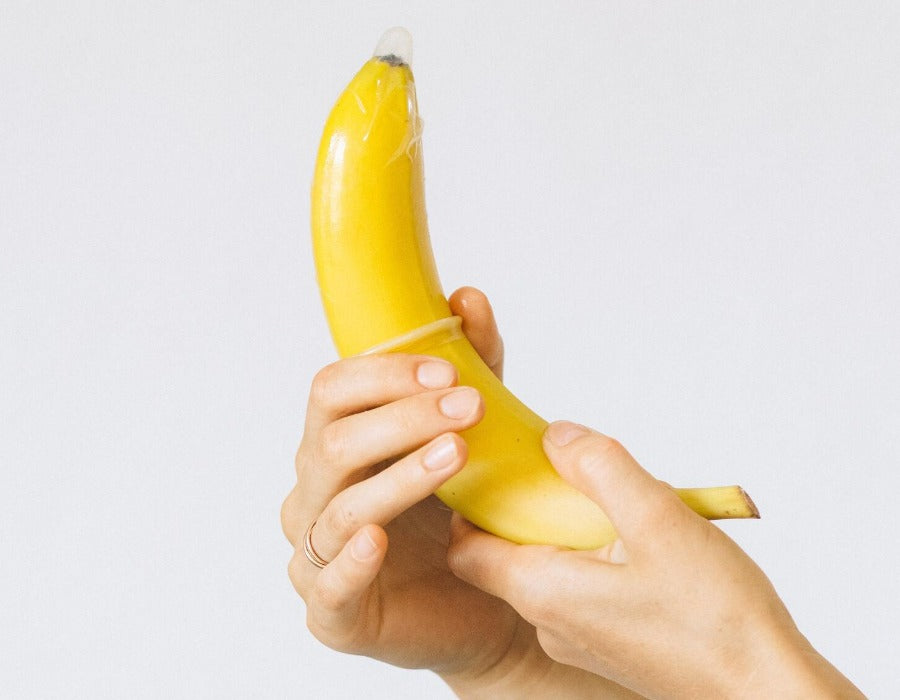Erectile dysfunction often defined as the inability to attain or sustain an erection necessary for satisfactory sexual performance, is a medical condition that can impact men of all ages, including those in their 20s. While it's often considered a concern of older individuals, the prevalence of erectile dysfunction amongst younger men isn't uncommon.
This article will highlight and discuss the causes of this health condition and effective solutions. Keep reading!
Medical Conditions
The presence or historical occurrence of specific medical conditions can directly impact the physiological processes involved in achieving and sustaining an erection. The root causes can differ based on the particular concern, but prevalent health problems that may result in erectile dysfunction during one's 20s encompass:
-
Hormonal Imbalances
Hormonal imbalances, including low testosterone levels, can contribute to erectile dysfunction, as testosterone is a key hormone involved in sexual desire. Low testosterone levels can result from different health conditions, such as hypogonadism (a condition where the testes don't produce enough testosterone), obesity, or certain medications.
-
Pelvic Injuries or Trauma
The pelvic region houses the blood vessels, nerves, and tissues involved in attaining an erection. Damage to these structures due to accidents, falls, or other forms of trauma can interfere with the normal erectile process. However, the severity of the injury and the specific structures affected will determine the extent of erectile difficulties.
-
Prostate Problems
Conditions affecting the prostate, such as prostatitis (inflammation of the prostate gland), can lead to discomfort and potentially impact erectile function. More specifically, inflammation in the prostate gland can disrupt normal glandular function and potentially affect nerve signaling or blood flow needed for an erection.
-
Adrenal Gland Disorders
The adrenal glands above the kidneys produce hormones essential for various bodily functions. Disorders affecting the adrenal glands (involving inadequate production of adrenal hormones, including cortisol and aldosterone, such as adrenal insufficiency) or Cushing's syndrome (involving excessive production of cortisol) can affect hormone levels and potentially contribute to erectile dysfunction.
-
Venous Leak
A venous leak occurs when the veins trapping blood within the penile tissues during an erection fail to close sufficiently, allowing blood to leak out. This leakage prevents the sustained engorgement of the erectile chambers necessary for maintaining an erection. Venous leaks can be caused by various factors, including damage to the veins or valves due to injury or disease. It can also be a result of undergoing certain health treatments.
-
Neurological Disorders
Disrupting nerve signals can interfere with the normal physiological processes of supporting an erection. Communication between the brain, spinal cord, and peripheral nerves is essential for the release of neurotransmitters, the relaxation of penile muscles, and the dilation of blood vessels to allow increased blood flow to the penis. Hence, when nerve function is compromised, these processes may be impaired, leading to difficulties with erectile function. Some nerve-related causes of erectile dysfunction are:
1. Spinal Cord Injury
Spinal cord injury can occur due to accidents, trauma, or medical conditions that damage the spinal cord. Depending on the level and severity of the injury, it can disrupt the transmission of nerve signals between the brain and the penis.
2. Multiple Sclerosis
Multiple sclerosis (MS) is a condition where the immune system mistakenly attacks the myelin (a protective covering of nerve fibers), leading to nerve damage. This damage can disrupt the normal transmission of nerve signals, including those involved in arousal and erectile function. However, the specific impact of MS on sexual function can vary depending on its severity.
Psychological Factors
Numerous psychological factors encompass a wide range of emotional, cognitive, and behavioral aspects that intertwine with one's intimate experiences. The following factors can significantly impact erectile function and sexual well-being:
-
Stress and Anxiety
Anxiety and tension can stimulate the production of stress hormones, like cortisol, disrupting the typical physiological mechanisms required for an erection.
-
Depression
Depression can cause a decrease in sexual desire, affect hormone levels, and interfere with the brain's neurotransmitters responsible for arousal.
-
Body Image Concerns
Men who feel self-conscious about their appearance, body weight, and such physical attributes may experience anxiety or diminished self-confidence during intimate encounters, which can contribute to erectile dysfunction.
-
Performance Anxiety
Performance anxiety, the fear of not being able to satisfy a partner or meet self-imposed expectations, can create a cycle of stress and anxiety, leading to further problems with erections.
Lifestyle Factors
A person's lifestyle choices have a profound impact on their overall health, including their intimate well-being. When it comes to erectile function, certain lifestyle factors can directly contribute to the occurrence of erectile dysfunction. Major lifestyle causes of this health condition include:
-
Sedentary Lifestyle
Insufficient regular physical activity and a lack of movement can result in weight gain, decreased cardiovascular fitness, and compromised blood circulation essential for an erection.
-
Obesity
Excess body weight, especially abdominal obesity, can contribute to hormonal imbalances and increase the risk of diabetes, high blood pressure, and atherosclerosis. These factors can impair blood flow, nerve function, and overall sexual health, leading to issues in erectile function.
-
Excessive Alcohol Consumption
Alcohol is a depressant that can dampen nerve signals and impair blood flow, making it difficult to achieve and sustain an erection. Chronic alcohol abuse can also lead to hormonal imbalances, liver damage, and peripheral neuropathy, all contributing to erectile difficulties.
Medications and Treatments
Certain medications can directly impact the normal physiological processes involved in maintaining healthy erectile health. Additionally, specific treatments may affect the structures or systems responsible for sexual function. Major medications and treatments that contribute to erectile dysfunction as a side effect include:
-
Antidepressants
Selective serotonin reuptake inhibitors (SSRIs), commonly used to treat depression and anxiety, can affect intimacy and lead to erectile complications.
-
Corticosteroids
Corticosteroids are drugs taken to reduce inflammation. However, they mimic some hormones' effects on your body and lower testosterone level, leading to decreased sexual function and desire in men. Examples of corticosteroids are hydrocortisone, prednisolone, and prednisone.
-
Antipsychotics
Some antipsychotic medications used to manage conditions like schizophrenia or bipolar disorder can adversely impact erectile health.
-
Anti-androgens
Doctors prescribe anti-androgens for several medical conditions, including prostate cancer and heartburn. Since androgens are reproductive hormones, anti-androgens like Ketoconazole, Bicalutamide, Enzalutamide, and Flutamide block some of these hormones, leading to a loss of sexual interest.
-
Radiation Therapy
Radiation therapy, while targeting cancer cells, can also affect surrounding healthy tissues, including nerves and blood vessels in the pelvic region, leading to erectile difficulties.
Solutions to Erectile Dysfunction
Erectile dysfunction shouldn't limit you from enjoying a fulfilling sex life. If you're dealing with this condition in your 20s, numerous solutions exist to enable you to enjoy overall vitality. Besides lifestyle changes and treatment, the following are some possible effective solutions:
-
Sexual Wellness Devices

If you're considering a non-surgical solution to ED, it's best to go for approved penile vibrators from renowned sexual health product manufacturers like MysteryVibe.
At MysteryVibe, we combine science and technology to create innovative products without compromising on intimate well-being. We offer FDA Class 2 medical devices that address sexual dysfunctions through vibratory stimulation. These water-resistant, USB rechargeable products made with medical silicone allow you to customize the intensity level and motor pattern using a smart app.
One of our most effective products for addressing erectile dysfunction is the renowned Tenuto 2. This medically proven device uses precise and focused vibrations to improve blood flow to the penis. The device combines cutting-edge technology and ergonomic design, providing customizable vibration modes that stimulate intimate areas, promoting stronger and longer-lasting erections. It's designed to adapt to your body, regardless of the size and shape, while delivering medical frequency vibrations where needed during copulation.
Moreover, if you desire a compact device that delivers the exact functionalities as the Tenuto 2, look towards the Tenuto Mini. Despite its size, this device sends enough targeted vibrations to enhance blood circulation and achieve firm erections.
Hence, say goodbye to performance anxiety and experience heightened pleasure and improved intimacy with Tenuto 2 and Tenuto Mini.
-
Medication
Medication is usually the first solution for erectile dysfunction. Oral medications such as sildenafil (Viagra), tadalafil (Cialis), and vardenafil (Levitra) are widely prescribed to improve sexual performance by increasing blood flow to the penis.
Specifically, these medications work by inhibiting the enzyme responsible for breaking down a chemical called cyclic guanosine monophosphate (cGMP), which relaxes the penis's smooth muscles. Medications like alprostadil are also injected directly into the side of the penis, causing the blood vessels to expand and facilitate an erection.
-
Therapy
Psychological therapy, including counseling, sex, and cognitive behavioral therapy (CBT), is one of the effective ways to manage this condition due to the effect of psychological factors like anxiety on overall sexual health.
-
Lifestyle Changes
Making some lifestyle changes like drinking less alcohol, quitting smoking, exercising regularly, maintaining a healthy weight, eating a balanced diet, and getting quality sleep will have positive impacts on your sexual desire and function.
Summary
Erectile dysfunction in men in their 20s can be attributed to various physical, psychological, lifestyle, medical, and treatment-related causes. With proper support, education, early intervention, and our medically approved devices, young men facing erectile difficulties can regain their confidence and enjoy fulfilling and satisfying sexual relationships.
Take advantage of our affordable but effective products to rediscover the joy of closeness and enjoy a satisfying intimate life with your partner. Both the Tenuto 2 and Tenuto Mini offer personalized comfort, allowing you to focus on pleasure without distractions. Embrace a life of regular and satisfying sexual experience by exploring MysteryVibe's offerings today!









































